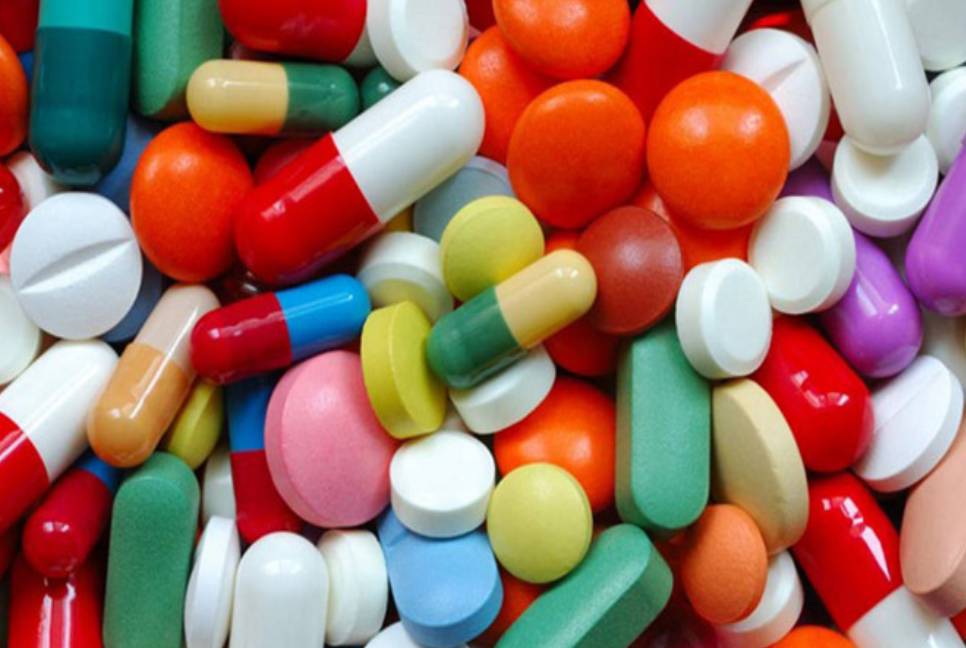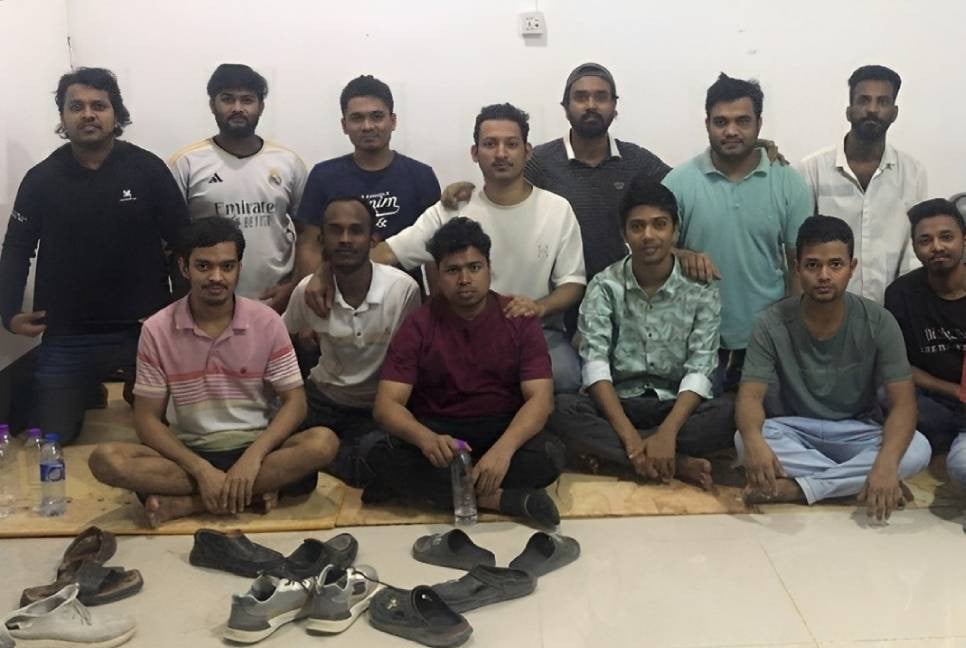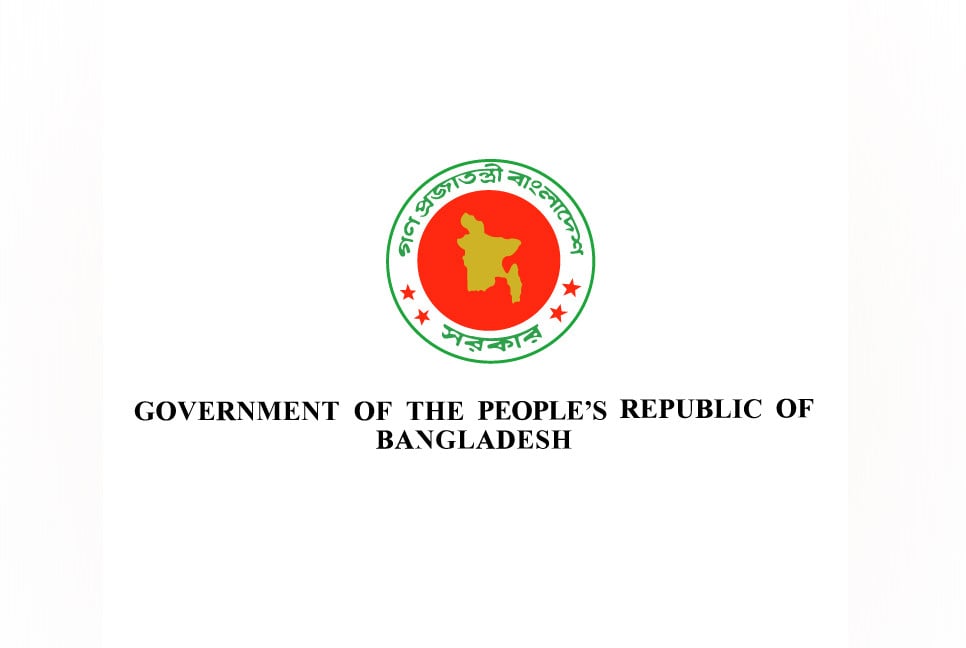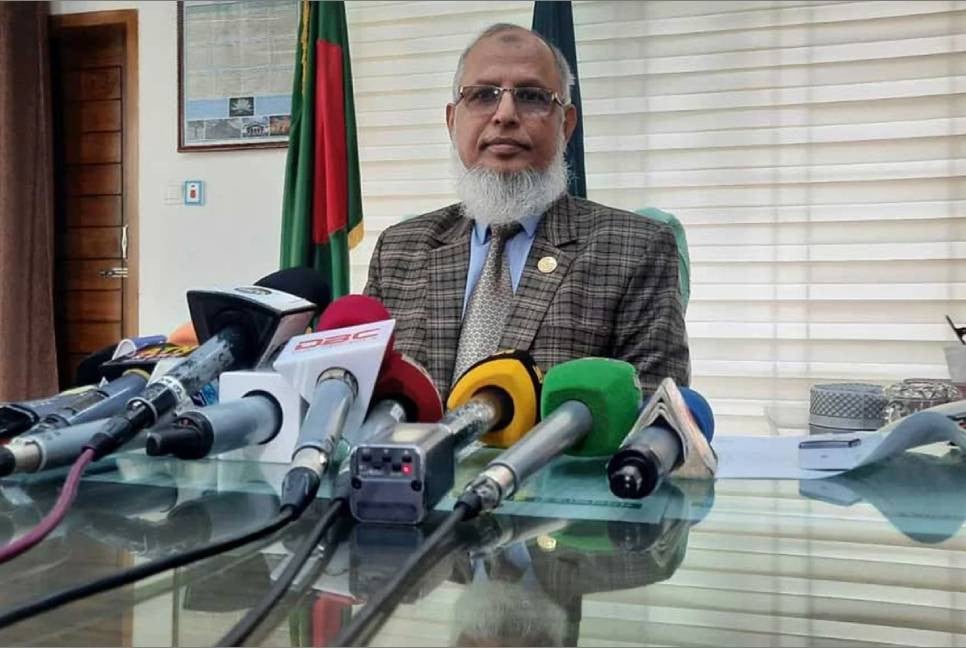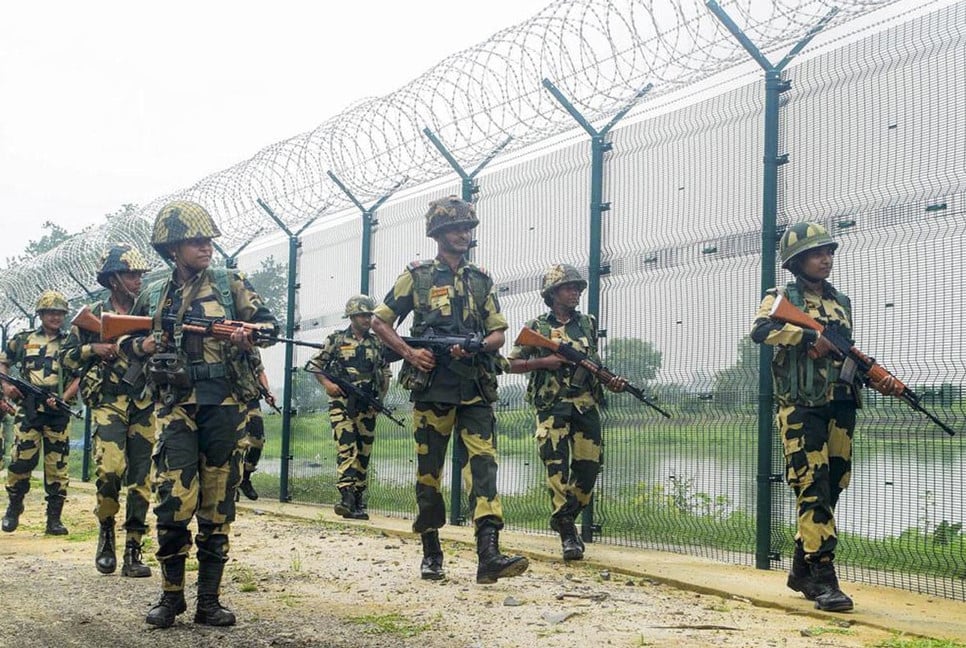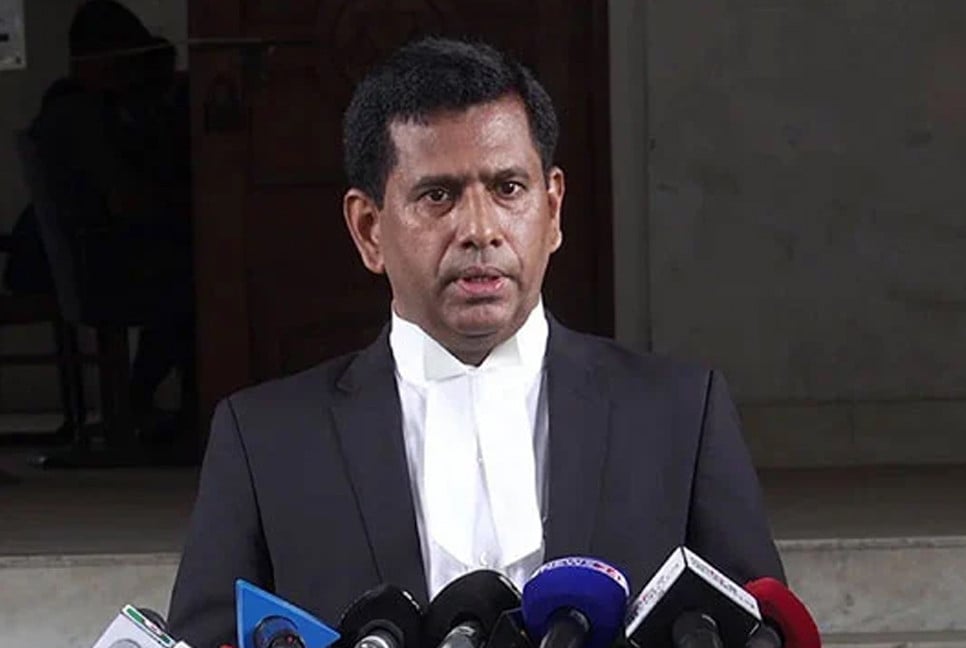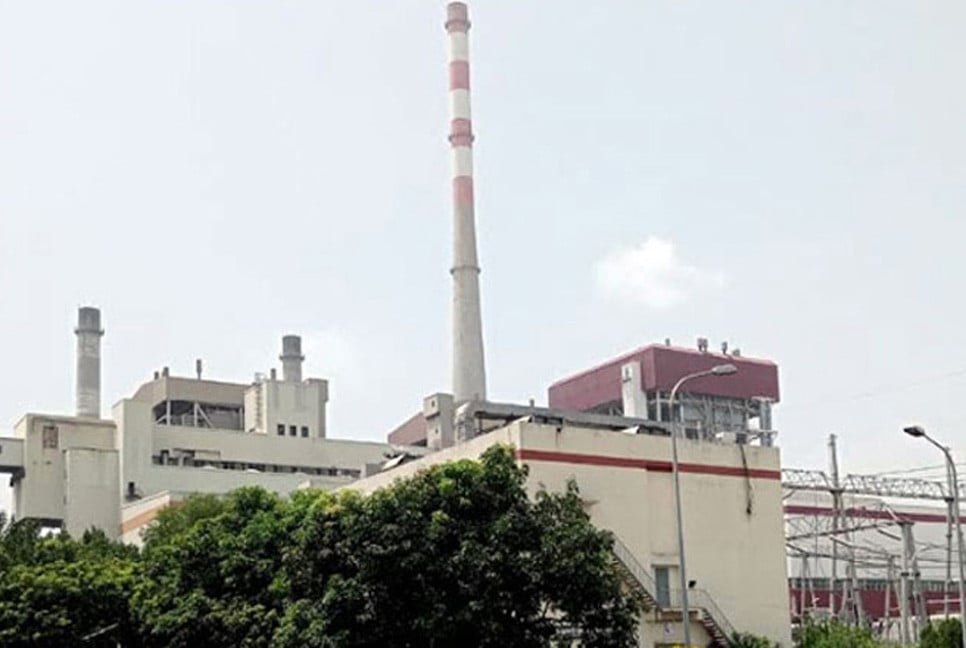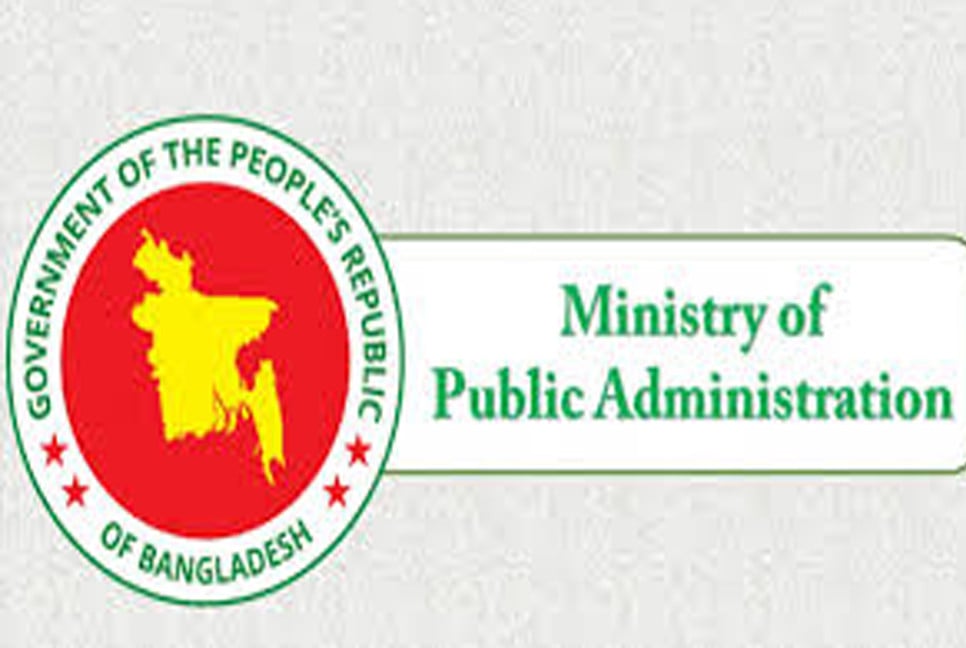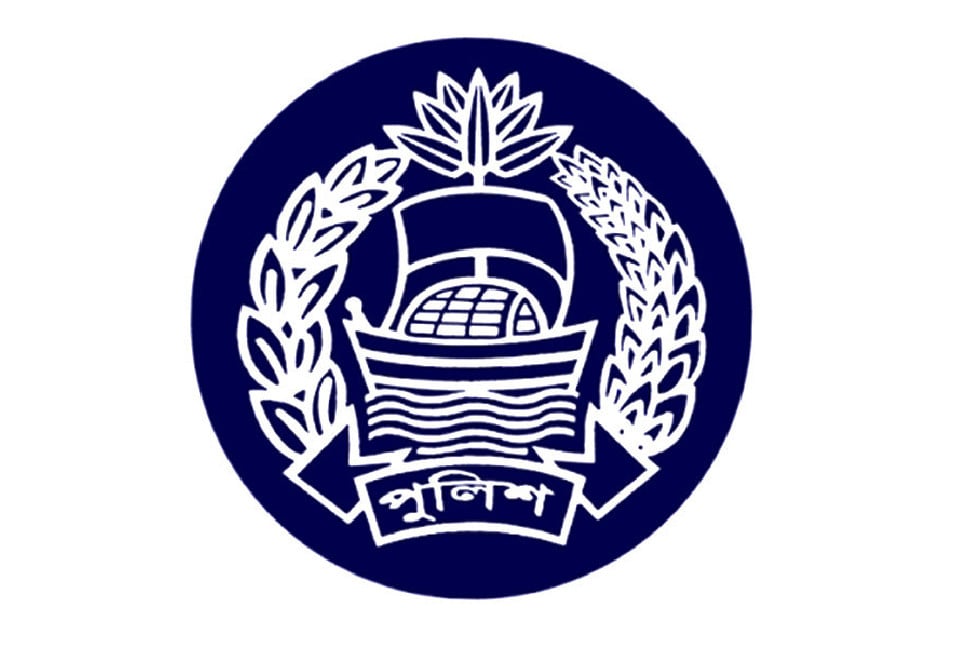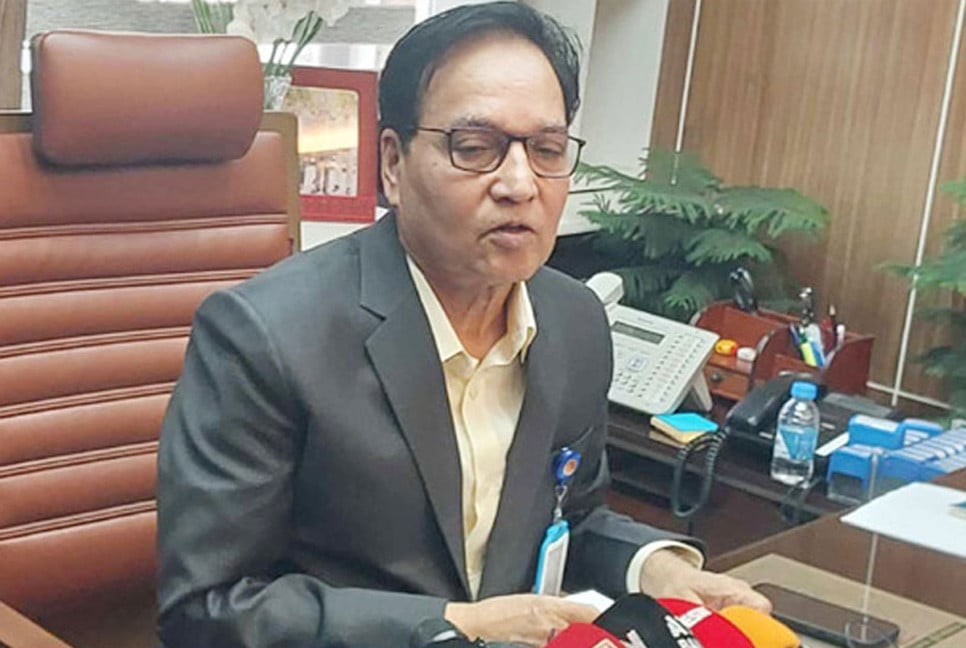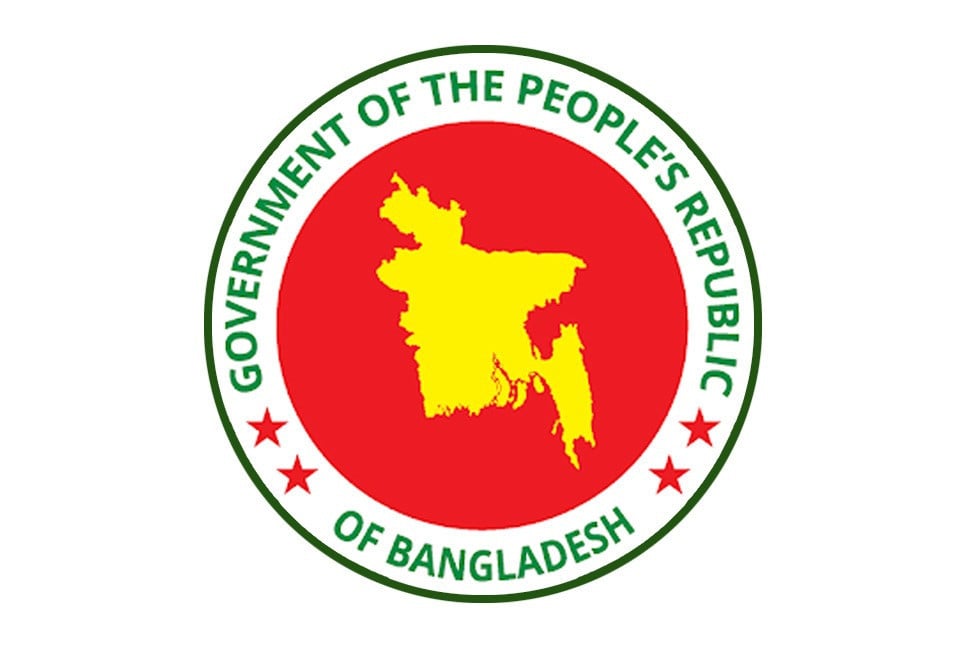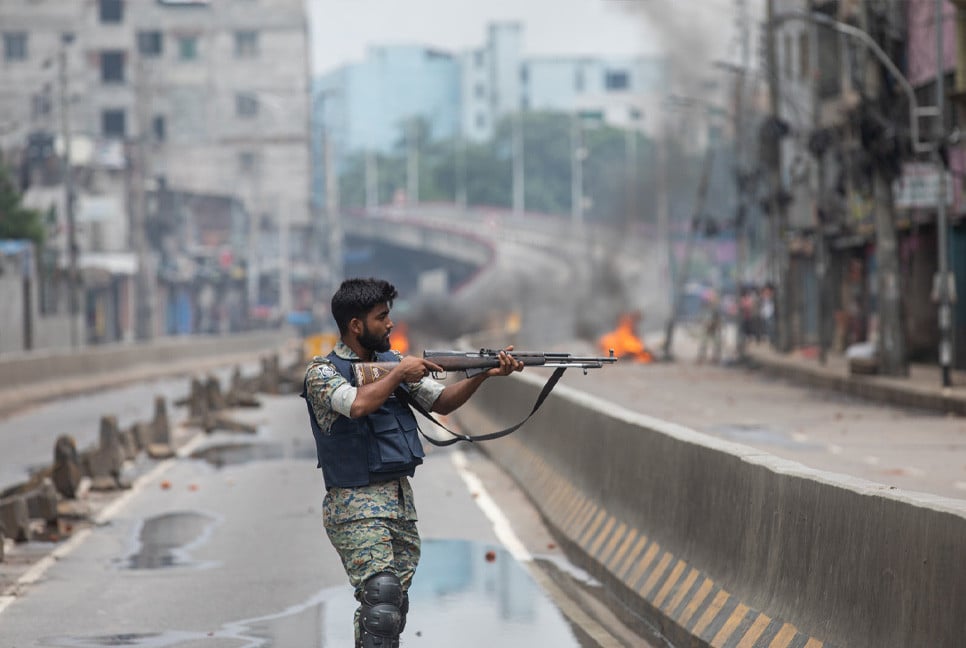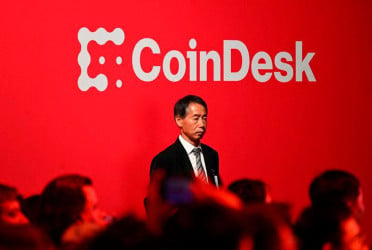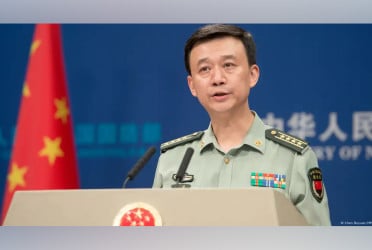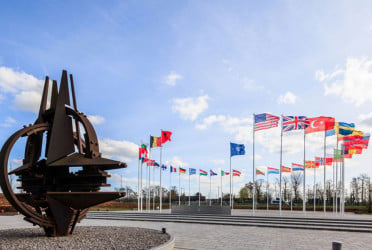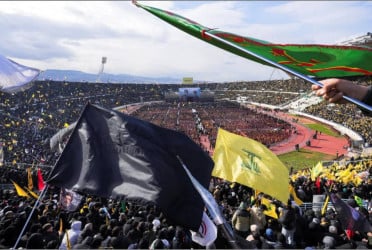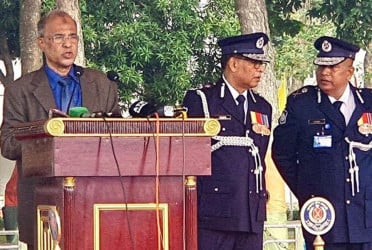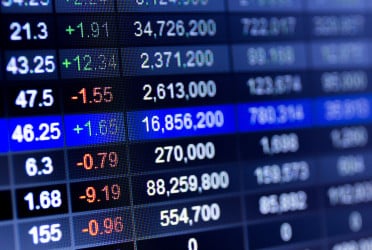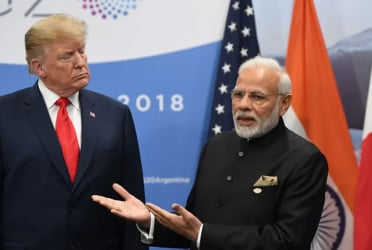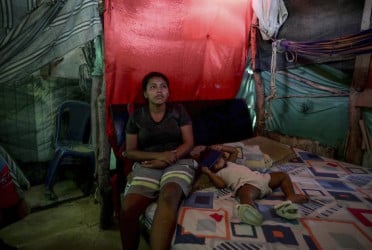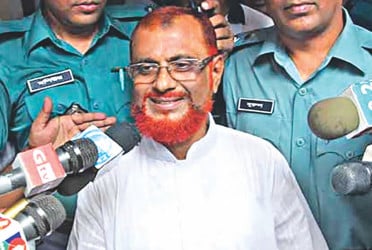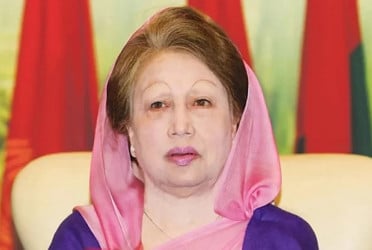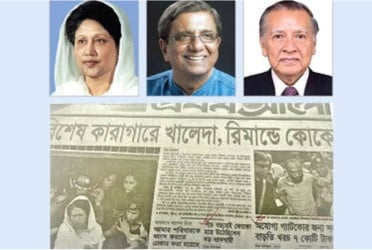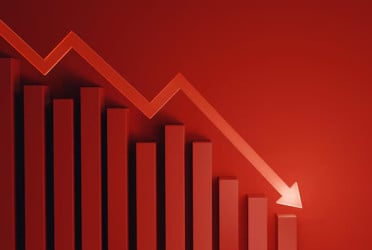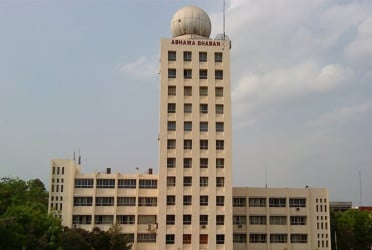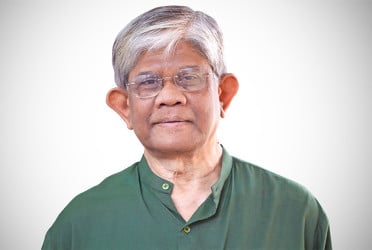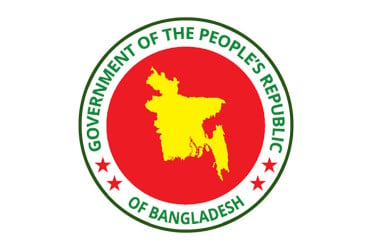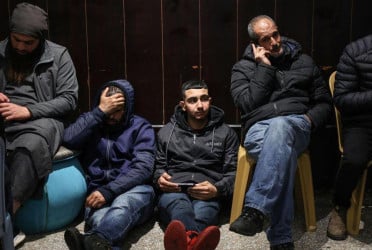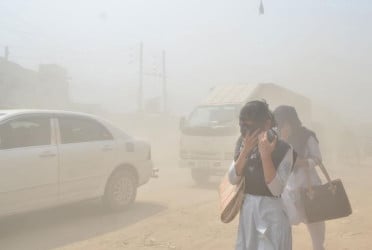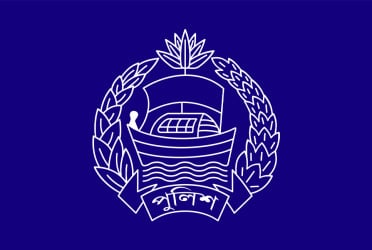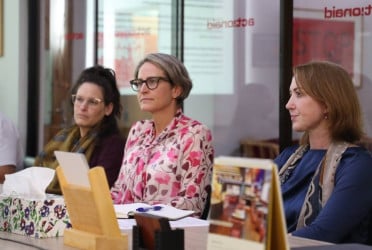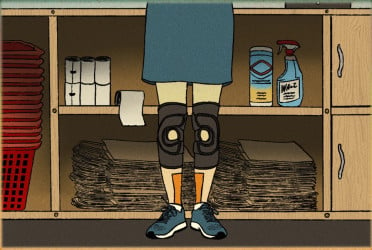The hiked prices of life-saving medicines have become an additional burden to the people especially to the low-income communities across the country amid a sharp rise in prices of all kinds of daily commodities.
Directorate General of Drug Administration (DGDA) has already increased the prices of 53 essential medicines which has created huge financial pressure on the people as their medicare expenses increased almost double.
Prices of different varieties of medicines including Paracetamol, Aspirin, Losartan, Amlodipine, Bromazepam, and Metronidazole have increased from 50 per cent to 100 per cent.
Ayub Hossain, spokesperson of DGDA said, the prices of medicines have been raised due to a hike in the dollar, raw materials, packaging materials, and transportation. Many companies then stopped producing medicines which created a shortage of drugs in the market.
He, however, claimed that DGDA re-fix the price of medicines proposed by the companies after scrutiny.
“We have 1,650 drug generics. Of these, the government-controlled 117 medicines. The government has increased prices of 53 essential drug brands of 20 generics used in primary healthcare,” he added.
Lamenting the high drug price, Shariful Islam, who works at a private organisation in the city said, he maintains austerity when prices of the daily essentials go up. But it is not possible for him to stop and reduce the number of medicines as he suffering from high blood pressure.
“Our income remains the same during this corona situation. But the prices of daily commodities and drugs are increasing rapidly. How will I cut the cost?
According to the health ministry, a person in the country has to expense 68.5 per cent of the total treatment purpose. Of this, 64 per cent cost is in medicine.
Health Economics Unit Director (Research) Dr Nurul Amin said people’s out-of-pocket expenditure will be increased if the prices of medicines hike as patients have to cost a maximum amount to buy drugs.
Dr Zafrullah Chowdhury, founder of Gonoshasthaya Kendra told Bangladesh Pratidin that Bangladesh has no health insurance. The hike in medicines prices will add a burden to the patients.
“Thirty big medicine companies give Tk 500 crore bribe to around 1,000 physicians across the country. This huge amount of money comes from the people. Drug companies take the money from patients by increasing the prices of medicines,” he said.
Zafrullah Chowdhury also thinks only the drug policy of 1982 can reduce the prices of medicines.
Bangladesh Association of Pharmaceutical Industries Secretary General S M Shafiuzzaman said, “We opened an LC in the last month to import raw materials of the drugs at Tk 80 per dollar. When the shipment reached the country, it hiked to Tk 110 per dollar. We had to give Tk 30 more per dollar.”
Besides, prices of raw materials, packaging materials, and transportation have also increased. That’s why there is no alternative to increase the prices of medicines for the survival of medicine companies, he added.
@ This report appeared on the print and online version of Bangladesh Pratidin on Friday (September 2) and has been rewritten in English by Golam Rosul

